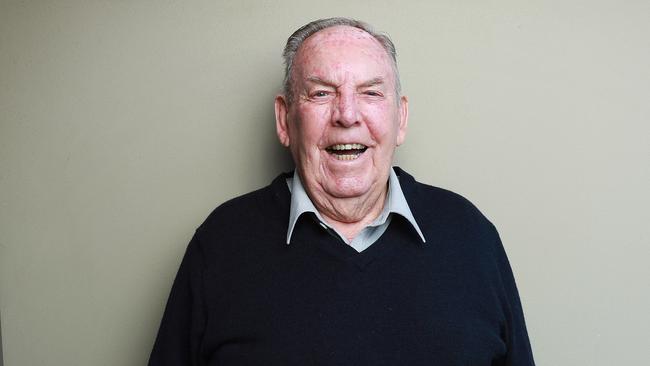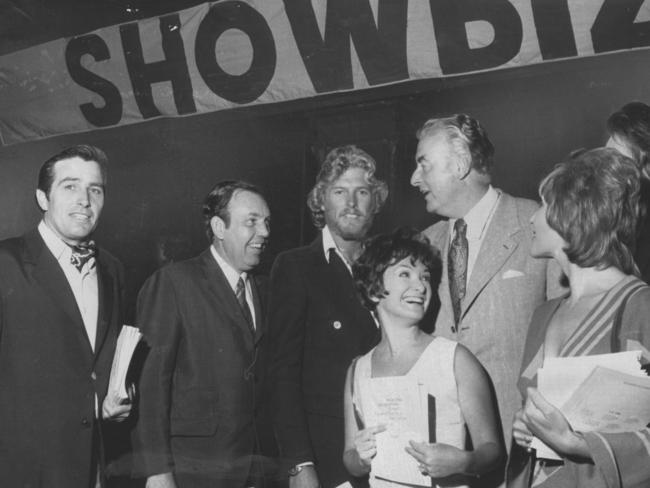Dismissal ‘poison’ lingers 45 years on
The four surviving ministers from Gough Whitlam’s government have mixed emotions about the dismissal 45 years ago on this day.

The four surviving ministers from Gough Whitlam’s government have mixed emotions about the dismissal 45 years ago on this day but all agree Sir John Kerr’s dramatic intervention changed our politics forever.
Paul Keating, 76, was minister for Northern Australia on November 11, 1975. He said the Coalition’s refusal to pass the budget to force an election injected poison into Australian politics and diminished the comity between MPs.
“The polity was torn down the middle by Malcolm Fraser’s actions in 1975 and that poison, like a virus, has remained in the bloodstream,” he said. “Somebody joining the federal parliament these days can never know how different it was before 1975.
“The other point is that in abusing the role of the Senate, in refusing the money bills of the House of Representatives, he turned the Senate into an obstructionist force which it potentially remains to this day.”
Bill Hayden, 87, was treasurer at the time. He recalled telling Whitlam five days before the dismissal that he had a “copper’s instinct” that Sir John might terminate the government. Whitlam said Sir John would “not have the guts” to dismiss him.
“On the night of November 11, Kerr was a bit rocked by the public melees, the din and noise, the vituperation, and he went upstairs with the intention of resigning,” Mr Hayden, who later became governor-general, said. “When he came downstairs he changed his mind. Lady Kerr must have persuaded him not to.”
Doug McClelland, 94, was special minister of state and manager of government business in the Senate. He recalled his shock at the dismissal and thought Labor had won a historic victory when the budget was passed with the support of Coalition senators.

“When the budget went through I told Bill Rigby on my staff to ring Whitlam to tell him that the budget had gone through,” Mr McClelland said. “I thought it was a great victory. But then we heard a rumour that the government had been dismissed. Gough should have told us. Had we known, we could have delayed things and kept going until the next day, talking the place out.
“I blame a conspiracy of people. I think Kerr was to blame. I think (Sir Garfield) Barwick was to blame. I think (Sir Anthony) Mason was to blame because he gave advice to Kerr not to see Gordon Scholes, the Speaker, after the House had passed a no-confidence motion in Fraser.”
Moss Cass, 93, minister for the media in November 1975, said principal blame for the dismissal rested with Sir John.
“Some ministers didn’t trust Kerr but I suspect Whitlam thought he could dominate Kerr,” Mr Cass said. “(But) he was kept in the dark by Kerr. The first I knew of it was when Liberal senators came into the House of Representatives having passed the budget they had been blocking.”
The former ministers agreed the Queen and Buckingham Palace were not implicated in the dismissal. “I don’t blame the Queen or Buckingham Palace,” Mr McClelland said. “I don’t see any evidence for their involvement. This was a coup by an appointed governor-general against a democratically elected prime minister. It was a rejection of democracy by Kerr and Fraser.”




To join the conversation, please log in. Don't have an account? Register
Join the conversation, you are commenting as Logout